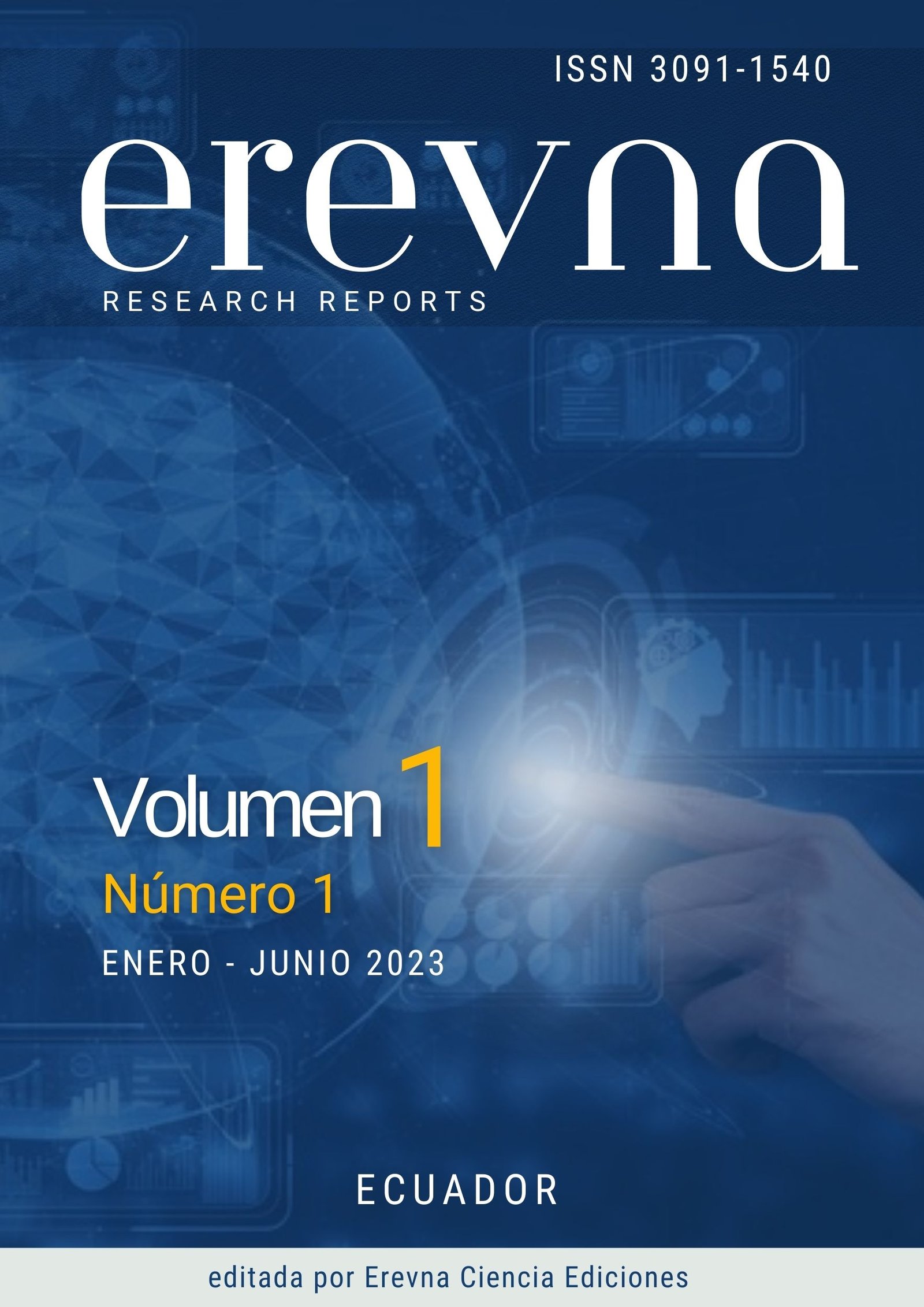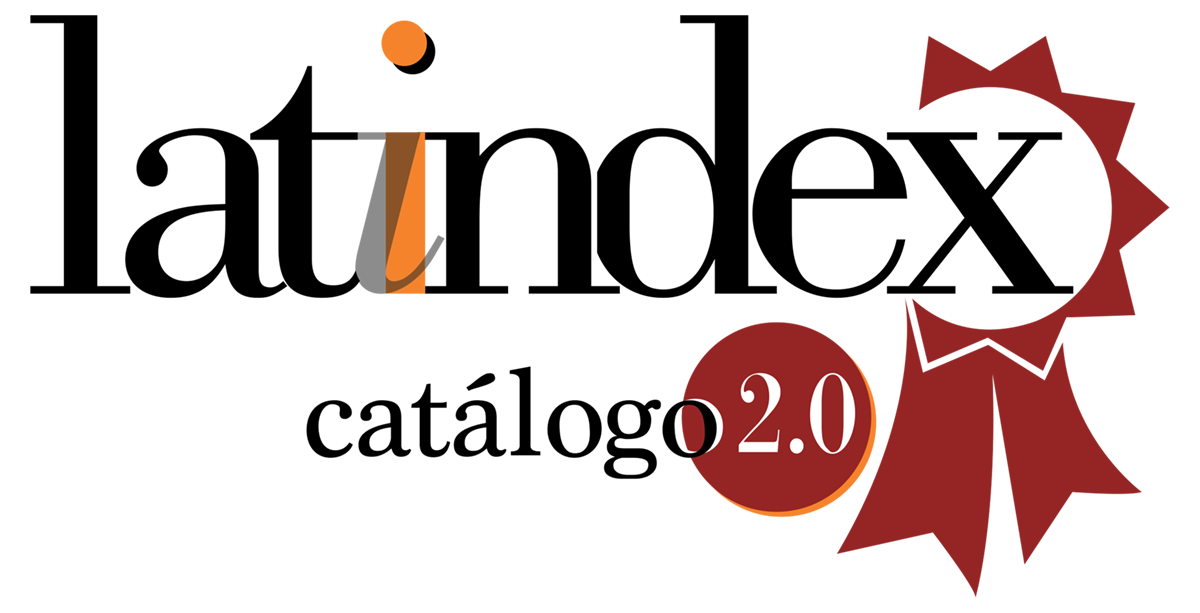Estrés por Tecnologías: Estrategias de Afrontamiento de Docentes en Áreas Rurales
DOI:
https://doi.org/10.70171/dj8t8w70Palabras clave:
afrontamiento activo, estrés laboral, exigencias tecnológicas, tecnoestrésResumen
Justificación: a medida que los docentes enfrentan nuevas exigencias relacionadas con el uso de herramientas digitales, es necesario entender cómo sus estrategias de afrontamiento impactan su bienestar. Objetivo: analizar la relación entre las estrategias de afrontamiento y el tecnoestrés en docentes de la parroquia rural Bachillero del cantón Tosagua en la provincia de Manabí, Ecuador. Metodología: se utilizó un enfoque cuantitativo, de tipo no experimental y transversal con alcance descriptivo. La muestra estuvo compuesta por 33 docentes de las tres unidades educativas de la parroquia. Se aplicaron la Escala Multidimensional de Evaluación de los Estilos de Afrontamiento (BRIEF-COPE/28) y el Cuestionario RED TIC como instrumentos de evaluación. Resultados: los docentes emplean principalmente estrategias de afrontamiento centradas en el problema y en la emoción, destacando el afrontamiento activo. Se observó una alta prevalencia de síntomas relacionados con el tecnoestrés. Además, se encontraron correlaciones positivas moderadas entre diversas estrategias de afrontamiento y las manifestaciones de tecnoestrés. Conclusión: las combinaciones de estrategias de afrontamiento adoptadas por los docentes se asocian con distintos niveles de bienestar.
Descargas
Referencias
Abarca Carrasco, R. G., Buenaño Pesántez, C. V., Mejía Gallegos, F. A., & Huaraca Morocho, B. C. (2022). La pandemia COVID-19 inductor de tecnoestrés en docentes de la educación ecuatoriana de segundo nivel. Bol. malariol. salud ambient, 266-279. https://doi.org/10.52808/bmsa.7e6.622.018 DOI: https://doi.org/10.52808/bmsa.7e6.622.018
Aulén, A. M., Pakarinen, E., Feldt, T., & Lerkkanen, M. K. (2021). Teacher coping profiles in relation to teacher well being: A mixed method approach. Teaching and Teacher Education, 102, 103323. https://doi.org/10.1016/j.tate.2021.103323 DOI: https://doi.org/10.1016/j.tate.2021.103323
Becker, J., Derra, N. D., Regal, C., & Kühlmann, T. M. (2022). Mitigating the negative consequences of ICT use: The moderating effect of active-functional and dysfunctional coping. Journal of decision systems, 31(4), 374-406. https://doi.org/10.1080/12460125.2021.1901337 DOI: https://doi.org/10.1080/12460125.2021.1901337
Brod, C. (1984). Technostress: The human cost of the computer revolution. Reading, Mass.: Addison-Wesley. Carlotto, M. S., & Câmara, S. G. (2010). Tradução, adaptação e exploração de propriedades psicométricas da escala de tecnoestresse (RED/TIC). Psicologia em Estudo, 15, 171-178. http://www.redalyc.org/articulo.oaid=287122130018 DOI: https://doi.org/10.1590/S1413-73722010000100018
Carrión-Bósquez, N. G., Castelo-Rivas, W. P., Guerrero-Pachacama, J. A., Criollo-Sarco, L. V., & Jaramillo-Verduga, M. J. (2022). Factores que influyen en el tecnoestrés docente durante la pandemia por la COVID-19, Ecuador. Revista Información Científica, 101(2). http://scielo.sld.cu/pdf/ric/v101n2/1028-9933-ric-101-02-e3778.pdf
Carver, C. S. (1997). You want to measure coping but your protocol’too long: Consider the brief cope. International journal of behavioral medicine, 4(1), 92-100. https://link.springer.com/article/10.1207/s15327558ijbm0401_6 DOI: https://doi.org/10.1207/s15327558ijbm0401_6
Cheng, K. T., & Chang, K. (2022). The efficacy of stress coping strategies in Taiwan's public utilities during the COVID-19 pandemic. Utilities Policy, 79, 101431. https://doi.org/10.1016/j.jup.2022.101431 DOI: https://doi.org/10.1016/j.jup.2022.101431
Cincidda, C., Pizzoli, S. F. M., Oliveri, S., & Pravettoni, G. (2022). Regulation strategies during Covid-19 quarantine: the mediating effect of worry on the links between coping strategies and anxiety. European Review of Applied Psychology, 72(6), 100671. https://doi.org/10.1016/j.erap.2021.100671 DOI: https://doi.org/10.1016/j.erap.2021.100671
Estrada Araoz, E. G., Gallegos Ramos, N. A., Paredes Valverde, Y., Quispe Herrera, R., Zuloaga Araoz, M. C., & Mamani Uchasara, H. J. (2022). Tecnoestrés en docentes peruanos de educación básica durante la pandemia de COVID-19. Archivos Venezolanos de Farmacologia y Terapeutica, 41(4). http://doi.org/10.5281/zenodo.6945125 DOI: https://doi.org/10.29018/issn.2588-1000vol4iss33.2020pp41-48
Estrada-Muñoz, C., Castillo, D., Vega-Muñoz, A., & Boada-Grau, J. (2020). Teacher technostress in the Chilean school system. International Journal of Environmental Research and Public Health, 17(15), 5280. https://doi.org/10.3390/ijerph17155280 DOI: https://doi.org/10.3390/ijerph17155280
Estrada-Muñoz, C., Vega-Muñoz, A., Castillo, D., Müller-Pérez, S., & Boada-Grau, J. (2021). Technostress of Chilean Teachers in the Context of the COVID-19 Pandemic and Teleworking. International journal of environmental research and public health, 18(10), 5458. https://doi.org/10.3390/ijerph18105458 DOI: https://doi.org/10.3390/ijerph18105458
Fuentes Gómez, R. A., & Zúniga Valle, C. M. (2021). Impacto psicológico en los docentes de educación primaria a causa de la covid-19. Academo (Asunción), 8(2), 15-28. https://doi.org/10.30545/academo.2021.jul-dic.2 DOI: https://doi.org/10.30545/academo.2021.jul-dic.2
García-Arroyo, J. A., & Segovia, A. O. (2019). Work overload and emotional exhaustion in university teachers: Moderating effects of coping styles. Universitas Psychologica, 18(2), 1-12. https://doi.org/10.11144/Javeriana.upsy18-2.woee DOI: https://doi.org/10.11144/Javeriana.upsy18-2.woee
Gaudioso, F., Turel, O., & Galimberti, C. (2017). The mediating roles of strain facets and coping strategies in translating techno-stressors into adverse job outcomes. Computers in Human Behavior, 69, 189-196. https://doi.org/10.1016/j.chb.2016.12.041 DOI: https://doi.org/10.1016/j.chb.2016.12.041
González Amarilla, S. B. ., & Pérez Vargas, S. F. . (2019). Tecnoestrés docente: el lado opuesto de la utilización de las nuevas tecnologías por los Docentes del Nivel Medio. Revista Científica Estudios E Investigaciones, 8(1), 21–35. https://doi.org/10.26885/rcei.8.1.21 DOI: https://doi.org/10.26885/rcei.8.1.21
Hauk, N., Göritz, A. S., & Krumm, S. (2019). The mediating role of coping behavior on the age-technostress relationship: A longitudinal multilevel mediation model. PloS one, 14(3), e0213349. https://doi.org/10.1371/journal.pone.0213349 DOI: https://doi.org/10.1371/journal.pone.0213349
Hernández-Sampieri, R., Fernández Collado, C., & Baptista Lucio, P. (2018). Metodología de la investigación. México: McGraw-Hill Interamericana. DOI: https://doi.org/10.17993/CcyLl.2018.15
Hidalgo-Andrade, P., Hermosa-Bosano, C., & Paz, C. (2021). Teachers’ mental health and self-reported coping strategies during the COVID-19 pandemic in Ecuador: A mixed-methods study. Psychology research and behavior management, 933-944. https://doi.org/10.2147/PRBM.S314844 DOI: https://doi.org/10.2147/PRBM.S314844
Jarrín-García, G. H., Patiño-Campoverde, M. M., Moya-Lara, I. N., Barandica-Macías, Á. E., & Bravo-Zurita, V. E. (2022). Prevalencia del Síndrome de Burnout en docentes ecuatorianos de educación superior en tiempos de pandemia COVID-19. Polo del Conocimiento, 7(2), 183-197. https://www.polodelconocimiento.com/ojs/index.php/es/article/view/3579
Klapproth, F., Federkeil, L., Heinschke, F., & Jungmann, T. (2020). Teachers' Experiences of Stress and Their Coping Strategies during COVID-19 Induced Distance Teaching. Journal of Pedagogical Research, 4(4), 444-452. http://dx.doi.org/10.33902/JPR.2020062805 DOI: https://doi.org/10.33902/JPR.2020062805
Kotera, Y., & Correa Vione, K. (2020). Psychological impacts of the new ways of working (NWW): A systematic review. International journal of environmental research and public health, 17(14), 5080. https://doi.org/10.3390/ijerph17145080 DOI: https://doi.org/10.3390/ijerph17145080
La Torre, G., De Leonardis, V., & Chiappetta, M. (2020). Technostress: how does it affect the productivity and life of an individual? Results of an observational study. Public Health, 189, 60-65. https://doi.org/10.1016/j.puhe.2020.09.013 DOI: https://doi.org/10.1016/j.puhe.2020.09.013
Lazarus, R. S., & Folkman, S. (1984). Stress, appraisal, and coping. Springer publishing company.
MacIntyre, P. D., Gregersen, T., & Mercer, S. (2020). Language teachers’ coping strategies during the Covid-19 conversion to online teaching: Correlations with stress, wellbeing and negative emotions. System, 94, 102352. https://doi.org/10.1016/j.system.2020.102352 DOI: https://doi.org/10.1016/j.system.2020.102352
Marsollier, R., & Expósito, C. (2021). Afrontamiento docente en tiempos de COVID-19. CienciAmérica, 10(1), 35-54. http://dx.doi.org/10.33210/ca.v10i1.357 DOI: https://doi.org/10.33210/ca.v10i1.357
Morán, C., Landero, R., & González, M. T. (2010). COPE-28: un análisis psicométrico de la versión en español del Brief COPE. Universitas Psychologica, 9(2), 543-552. http://www.scielo.org.co/pdf/rups/v9n2/v9n2a20.pdf DOI: https://doi.org/10.11144/Javeriana.upsy9-2.capv
Nang, A. F. M., Maat, S. M., & Mahmud, M. S. (2022). Teacher technostress and coping mechanisms during Covid-19 pandemic: A systematic review. Pegem Journal of Education and instruction, 12(2), 200-212. https://doi.org/10.47750/pegegog.12.02.20 DOI: https://doi.org/10.47750/pegegog.12.02.20
Pulido-Martos, M., Lopez-Zafra, E., & Cortés-Denia, D. (2022). Inteligencia emocional como factor protector en docentes: Perfiles de estrategias de afrontamiento centrado en personas. Escritos de Psicología (Internet), 15(2), 182-193. https://doi.org/10.24310/espsiescpsi.v15i2.14795 DOI: https://doi.org/10.24310/espsiescpsi.v15i2.14795
Rastegar, N., & Rahimi, M. (2023). Teachers’ post-pandemic outlook on the role of Technological and Pedagogical Content Knowledge in coping with burnout under adverse conditions: How a job demand transformed into a job resource. Frontiers in Psychology, 14, 1129910. https://doi.org/10.3389/fpsyg.2023.1129910 DOI: https://doi.org/10.3389/fpsyg.2023.1129910
Rey-Merchán, M. D. C., & López-Arquillos, A. (2022). Occupational risk of technostress related to the use of ICT among teachers in Spain. Sustainability, 14(14), 8746. https://doi.org/10.3390/su14148746 DOI: https://doi.org/10.3390/su14148746
Rohwer, E., Flöther, J. C., Harth, V., & Mache, S. (2022). Overcoming the “Dark Side” of Technology—A scoping review on preventing and coping with work-related technostress. International journal of environmental research and public health, 19(6), 3625. https://doi.org/10.3390/ijerph19063625 DOI: https://doi.org/10.3390/ijerph19063625
Salanova, M., Llorens, S. Cifre, E. & Nogareda, C. (2004). Tecnoestrés: concepto, medida e intervención psicosocial. Nota técnica de prevención. Centro Nacional de Condiciones de Trabajo, España.
Salanova, M., Llorens, S., & Cifre, E. (2013). The dark side of technologies: Technostress among users of information and communication technologies. International journal of psychology, 48(3), 422-436. https://doi.org/10.1080/00207594.2012.680460 DOI: https://doi.org/10.1080/00207594.2012.680460
Salo, M., Pirkkalainen, H., & Koskelainen, T. (2019). Technostress and social networking services: Explaining users' concentration, sleep, identity, and social relation problems. Information Systems Journal, 29(2), 408-435. https://doi.org/10.1111/isj.12213 DOI: https://doi.org/10.1111/isj.12213
Shigeto, A., Laxman, D. J., Landy, J. F., & Scheier, L. M. (2021). Typologies of coping in young adults in the context of the COVID-19 pandemic. The Journal of General Psychology, 148(3), 272-304. https://doi.org/10.1080/00221309.2021.1874864 DOI: https://doi.org/10.1080/00221309.2021.1874864
Solís, P., Lago-Urbano, R., & Real Castelao, S. (2023). Factors That Impact the Relationship between Perceived Organizational Support and Technostress in Teachers. Behavioral Sciences, 13(5), 364. https://doi.org/10.3390/bs13050364 DOI: https://doi.org/10.3390/bs13050364
Tarafdar, M., Cooper, C. L., & Stich, J. F. (2019). The technostress trifecta‐techno eustress, techno distress and design: Theoretical directions and an agenda for research. Information Systems Journal, 29(1), 6-42. https://doi.org/10.1111/isj.12169 DOI: https://doi.org/10.1111/isj.12169
Thompson, N. J., Fiorillo, D., Rothbaum, B. O., Ressler, K. J., & Michopoulos, V. (2018). Coping strategies as mediators in relation to resilience and posttraumatic stress disorder. Journal of affective disorders, 225, 153-159. https://doi.org/10.1016/j.jad.2017.08.049 DOI: https://doi.org/10.1016/j.jad.2017.08.049
Van den Brande, W., Baillien, E., Vander Elst, T., De Witte, H., Van den Broeck, A., & Godderis, L. (2017). Exposure to workplace bullying: the role of coping strategies in dealing with work stressors. BioMed research international, 2017. https://doi.org/10.1155/2017/1019529 DOI: https://doi.org/10.1155/2017/1019529
Vuori, V., Helander, N., & Okkonen, J. (2019). Digitalization in knowledge work: the dream of enhanced performance. Cognition, Technology & Work, 21(2), 237-252. https://doi.org/10.1007/s10111-018-0501-3 DOI: https://doi.org/10.1007/s10111-018-0501-3
Publicado
Número
Sección
Categorías
Licencia
Derechos de autor 2023 Valeria Emperatriz Bravo-Zurita

Esta obra está bajo una licencia internacional Creative Commons Atribución-NoComercial-CompartirIgual 4.0.






















